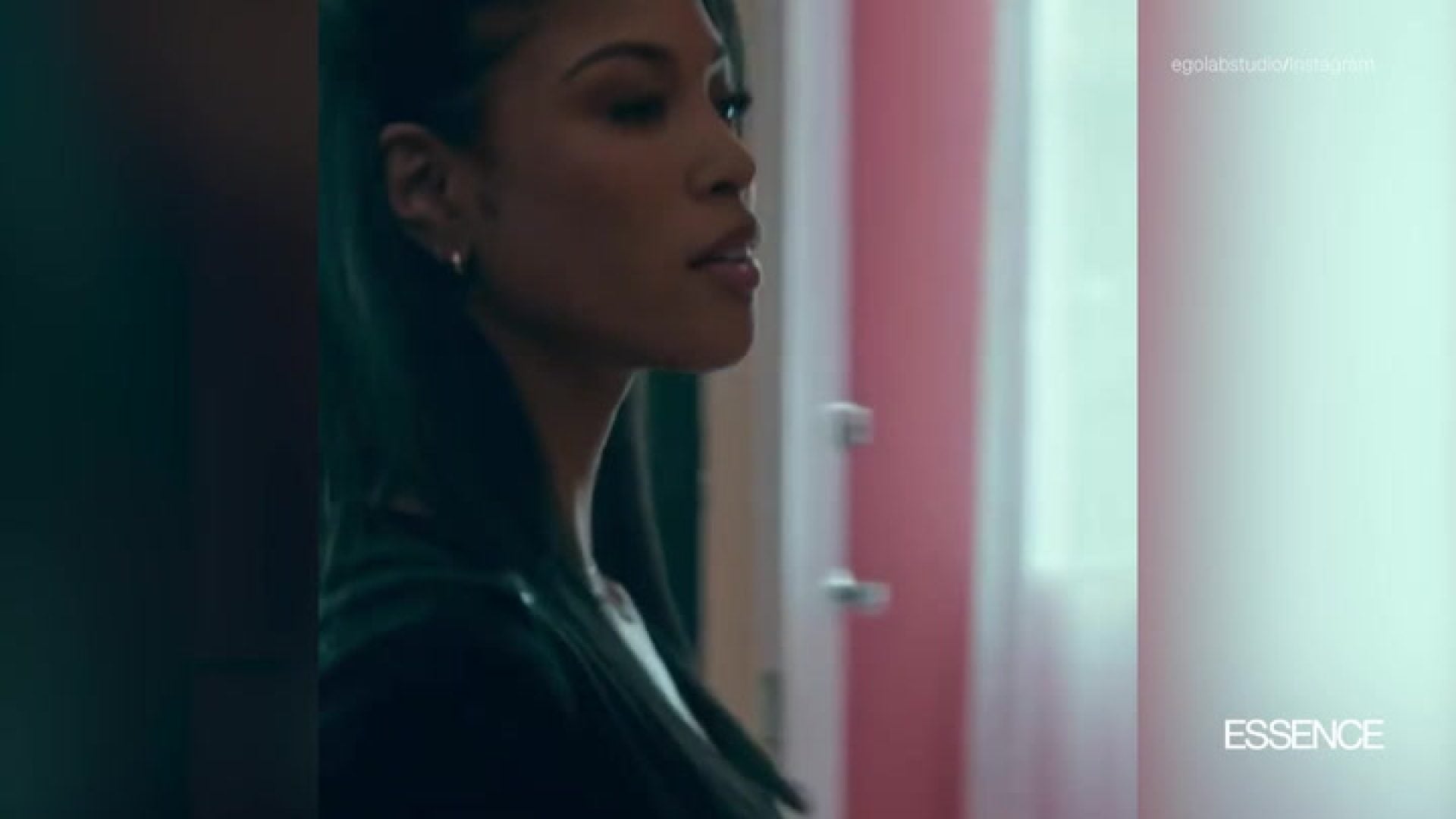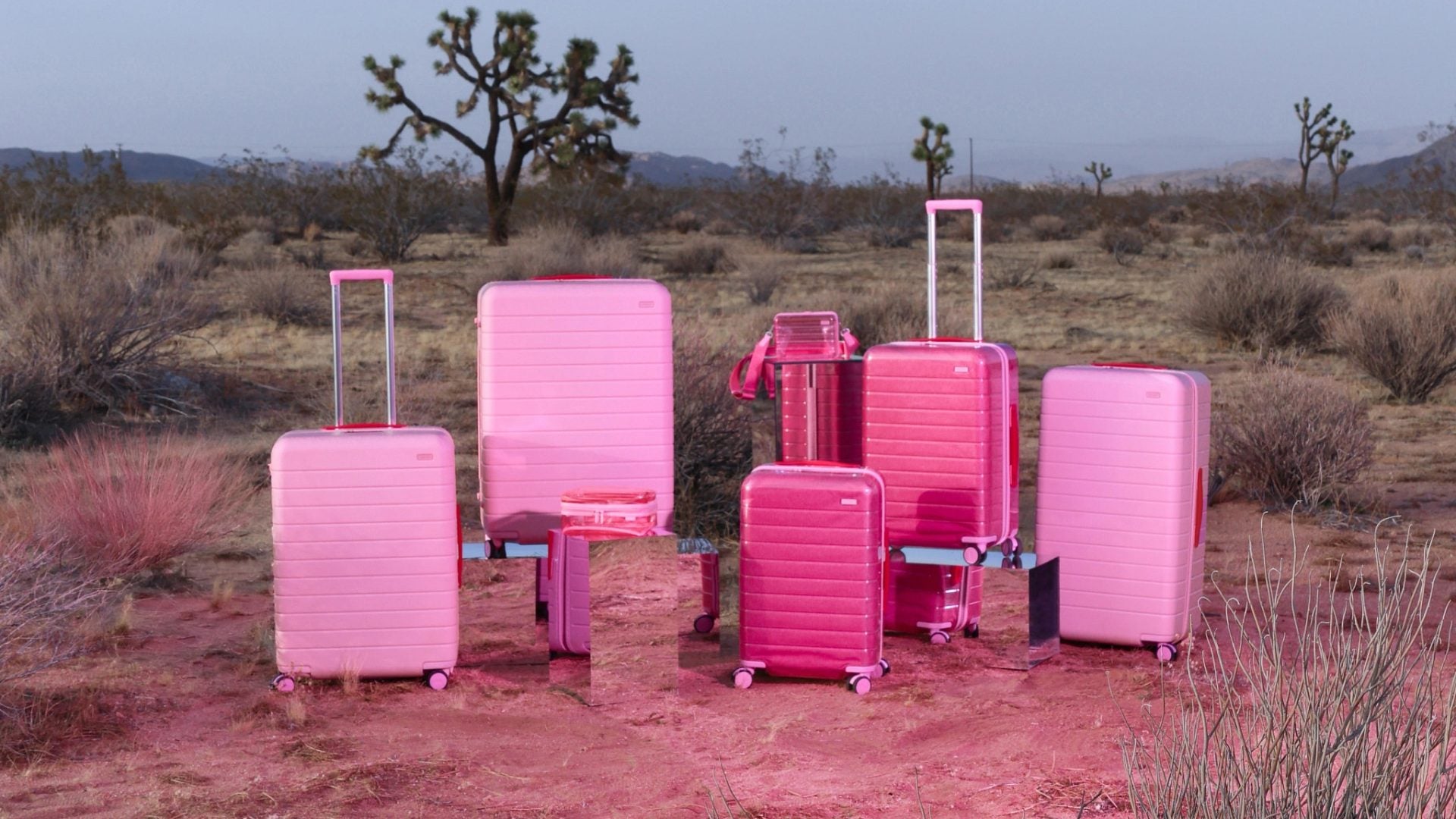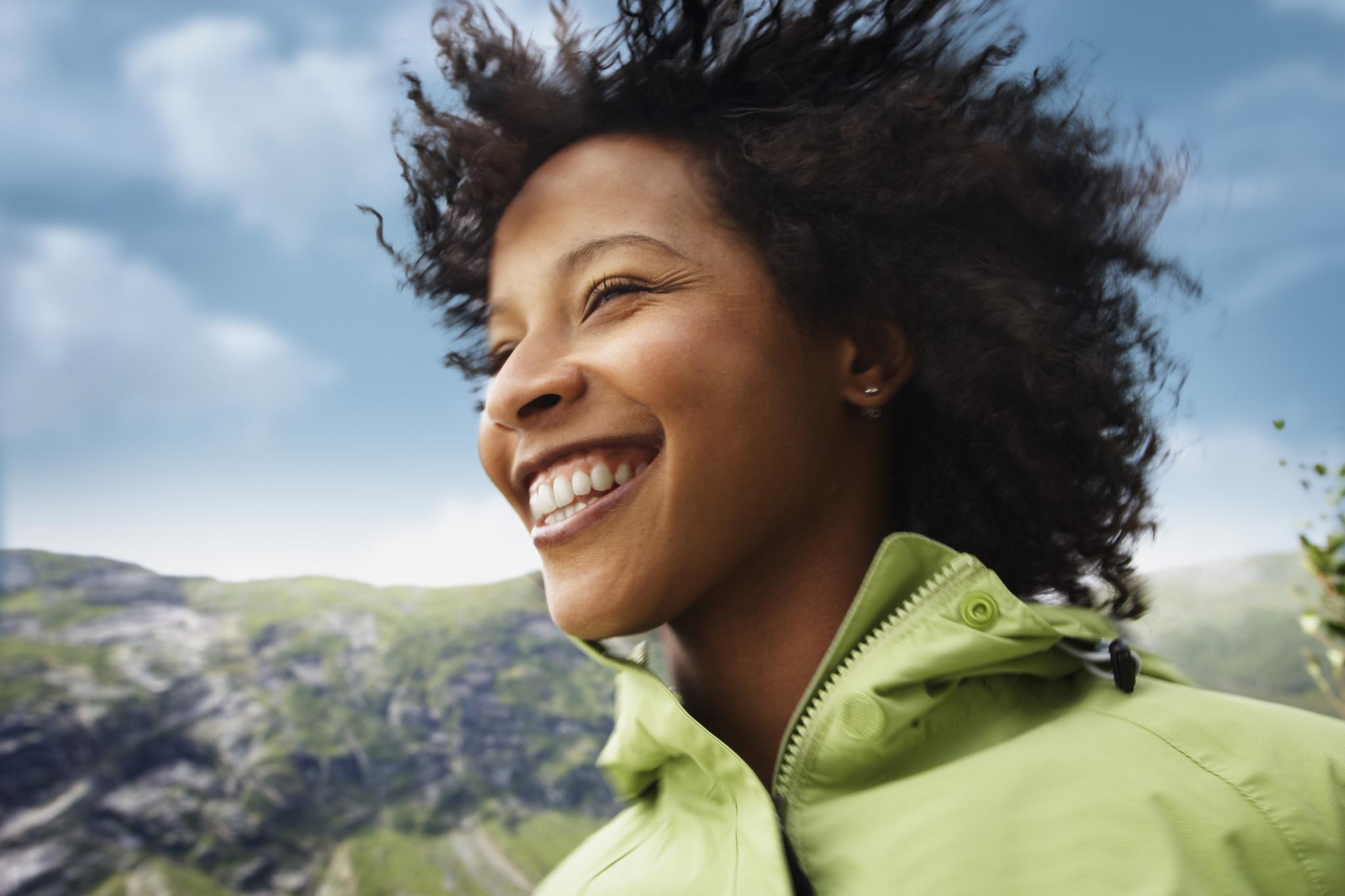
I’m no stranger to how some non-Americans perceive Black Americans. I live in un-gentrified Brooklyn—Crown Heights to be exact. It’s a Caribbean stronghold and ground zero for the annual West Indian Day Parade. With rare exception, my local Black friends are non-American.

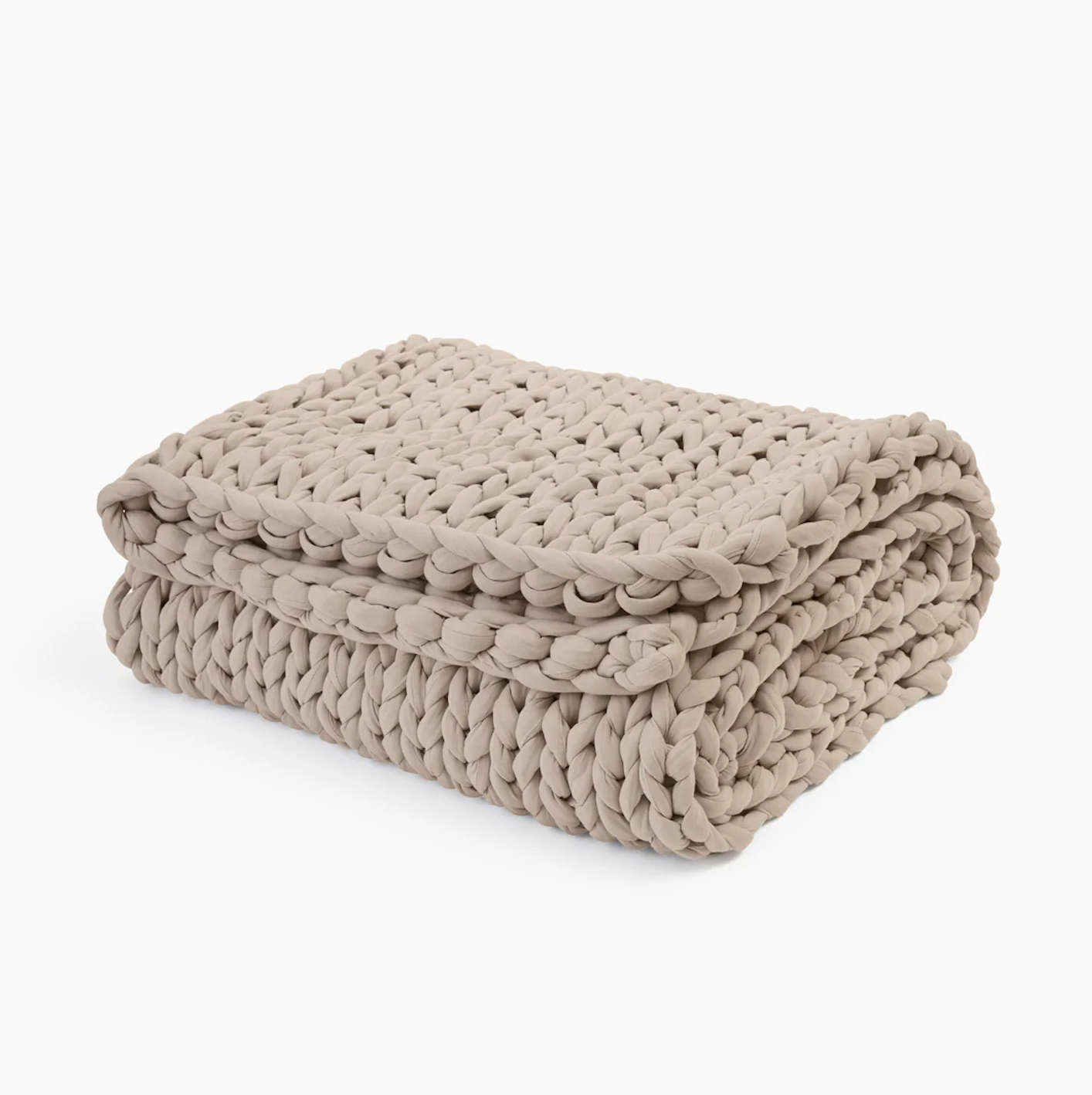
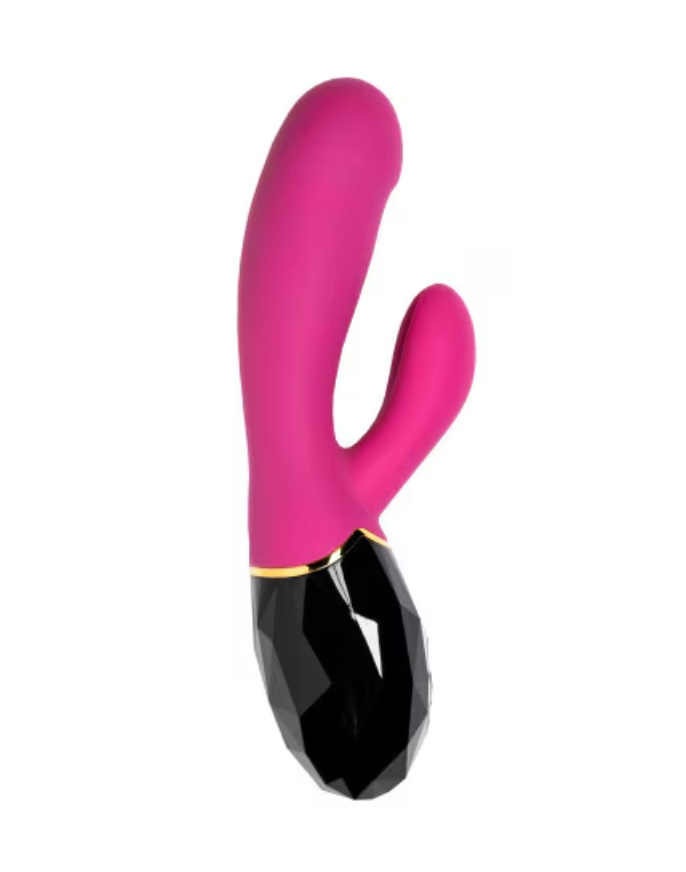
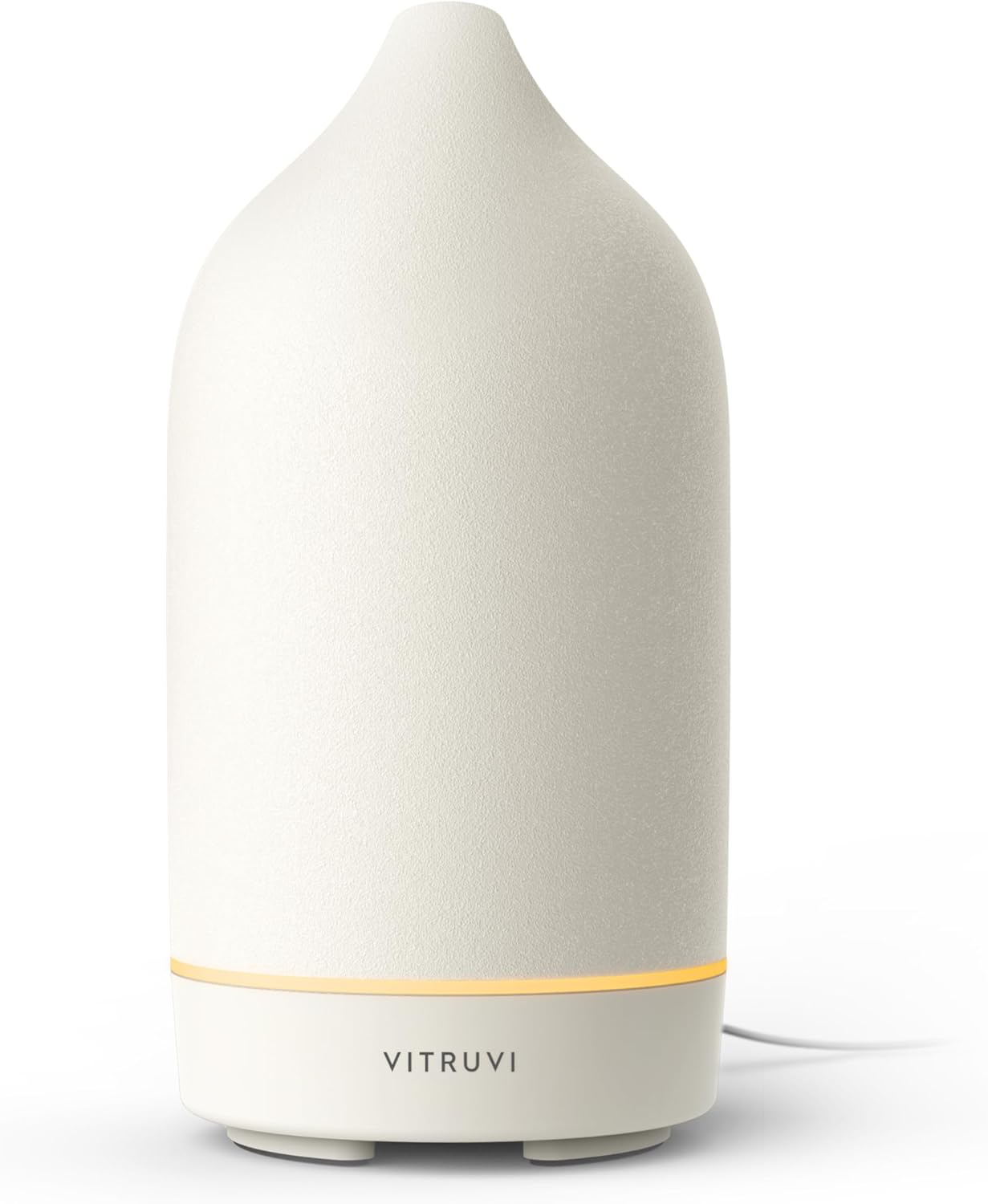
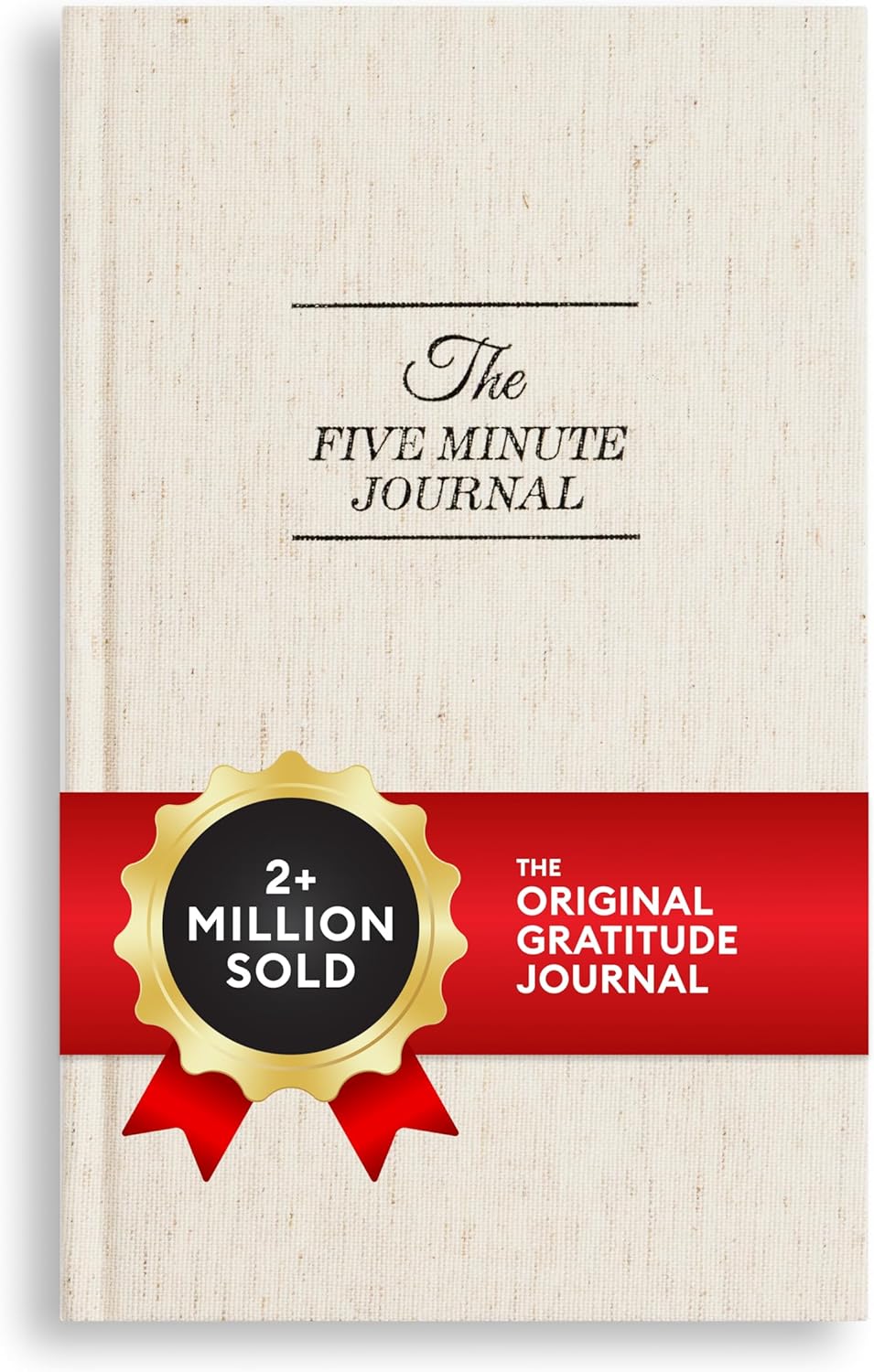
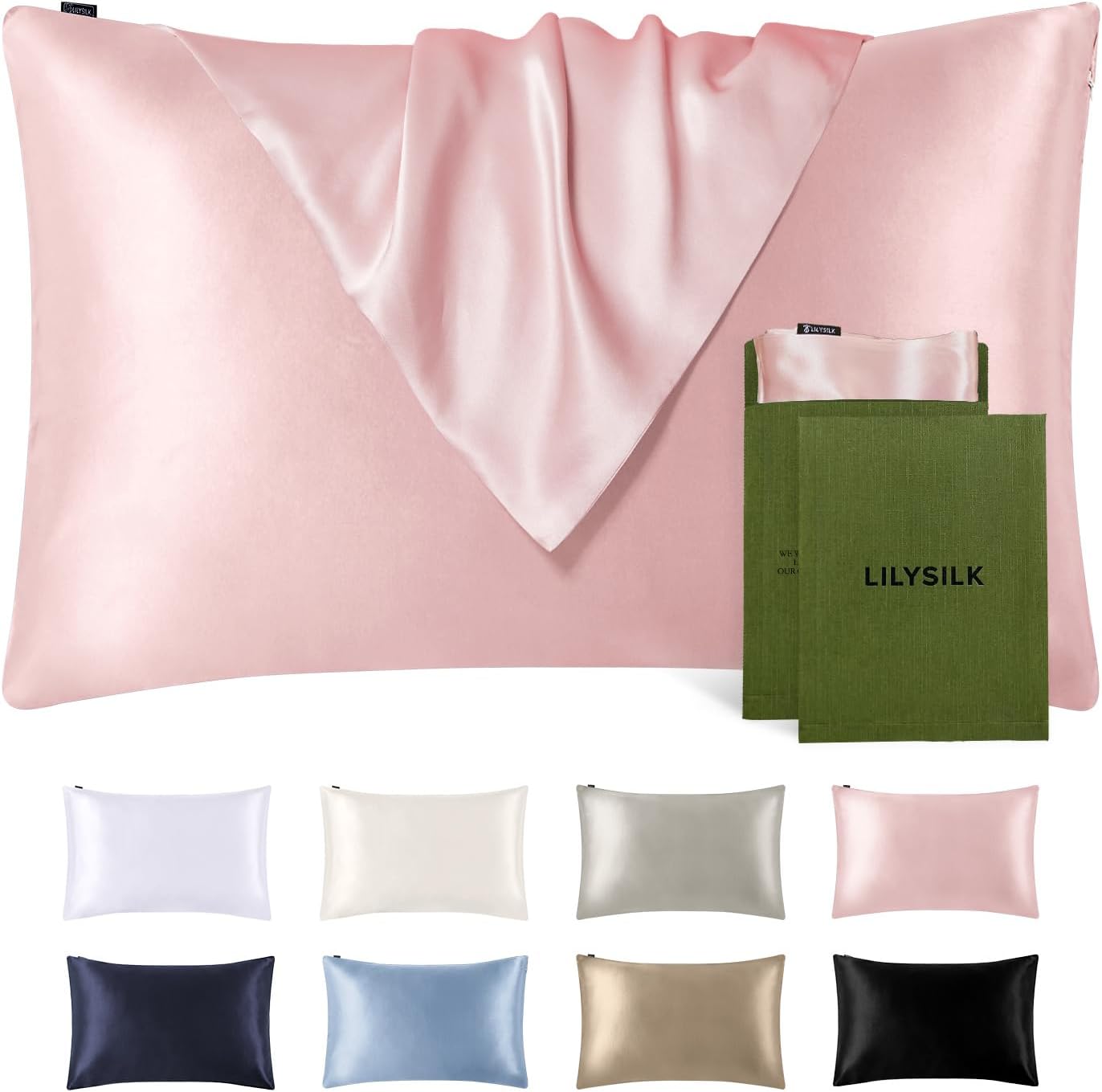

For most of them growing up, when they acted out their parents would chasten them, “Don’t act like a Black American.” Half-joking, my friends will claim me as a native of their home country. It’s their way of saying, in so many words, they can’t believe I’m a Black American. I work hard. I value education. I somehow manage not to be an embarrassment to the Black diaspora, which, if we’re being honest, is the opposite perception of many Black Americans around the world. Years of brainwashing makes it difficult for them to recognize focused, ambitious and smart are the rule, not the exception.
I would be upset about it, but I get where it comes from. One of America’s greatest exports is its entertainment, i.e. TV, music, film. And unfortunately, American Black folk aren’t always seen in the best light. More often than not, what non-Americans observe of Black American culture is us at our worst — raunchy performers, lowbrow TV/film and misogynistic rap lyrics. Some would say it’s just entertainment, but it’s so much deeper.
I was in London once, on the tube talking to another Black woman, when a group of guys started chanting, “Jerry! Jerry! Jerry!” at us, alluding to the popular circus-like talk show where Black folks (and, in fairness, lots of white people) fought with each other for ratings. The show was a national sensation and clearly, an international hit as well.
Years later, I was walking in Spain, approaching three guys on the sidewalk. As they passed, one of them grabbed a handful of my butt. Of course, I yelled a great big “WTF?” after them as they laughed, smiled even. This was their way of flirting with me. Maybe it’s the culture there, but it seemed way too reminiscent of some rap video holler.
A few days ago, I’m at Tambo airport in Johannesburg, at the security checkpoint. The attendant, seeing my navy blue passport cover, says, “You look like Madea!”
I just knew I heard him wrong. “What?!”
“You’re Black American. Madea!! We watch Tyler Perry!”
I haven’t hit my mid-30s, I’m actually “dressed” to travel because everyone but Americans makes an effort to look decent when they get on a plane, and I’m practicing a “when in Rome…” philosophy to fit in. I am 5 feet 2. I’ve got no glasses on, and with the backpack I’m carrying, I look like a college student. And I get compared to a 6 feet tall-everything, pistol-packing man in an old lady’s muumuu and a bad wig? Huh?
I say as much on Twitter and the stories from friends pour in. There’s the friend who visited Greece and was constantly asked, “Are you a singer?” (She’s a lawyer.) The woman was asked, “Do you have a baby daddy?” by some random man in Scotland who obviously believed all Black women have children out of wedlock. A guy reported standing at the till in a drugstore in Johannesburg and when the attendant heard his American dialect, he smiled and greeted him as “my nigga” to make him feel more at home.
Of course, these are incidents on otherwise pleasant trips where most people know better or know enough not to give voice to ignorance. But they occur often enough to point to a real problem in the perception of Black Americans. We spend so much time discussing how the negative images of Black women impact our girls and boys here. We should be equally concerned about how the people in other countries perceive us as well, especially if it can affect the way we are treated — and disrespected — when traveling abroad.
Demetria L. Lucas is the author of A Belle in Brooklyn: The Go-to Girl for Advice on Living Your Best Single Life (Atria), in stores now. Follow her on Twitter @abelleinbk




